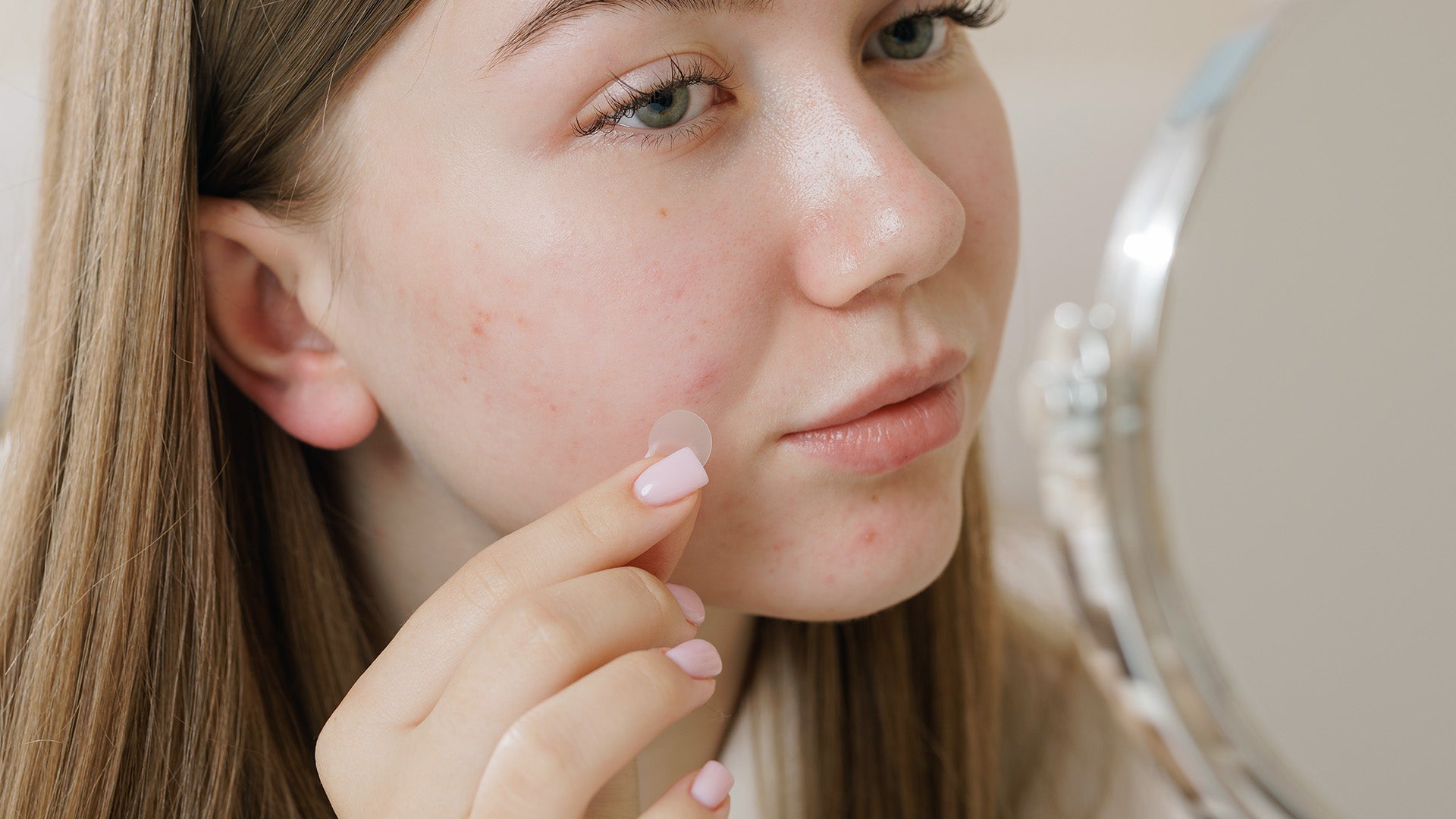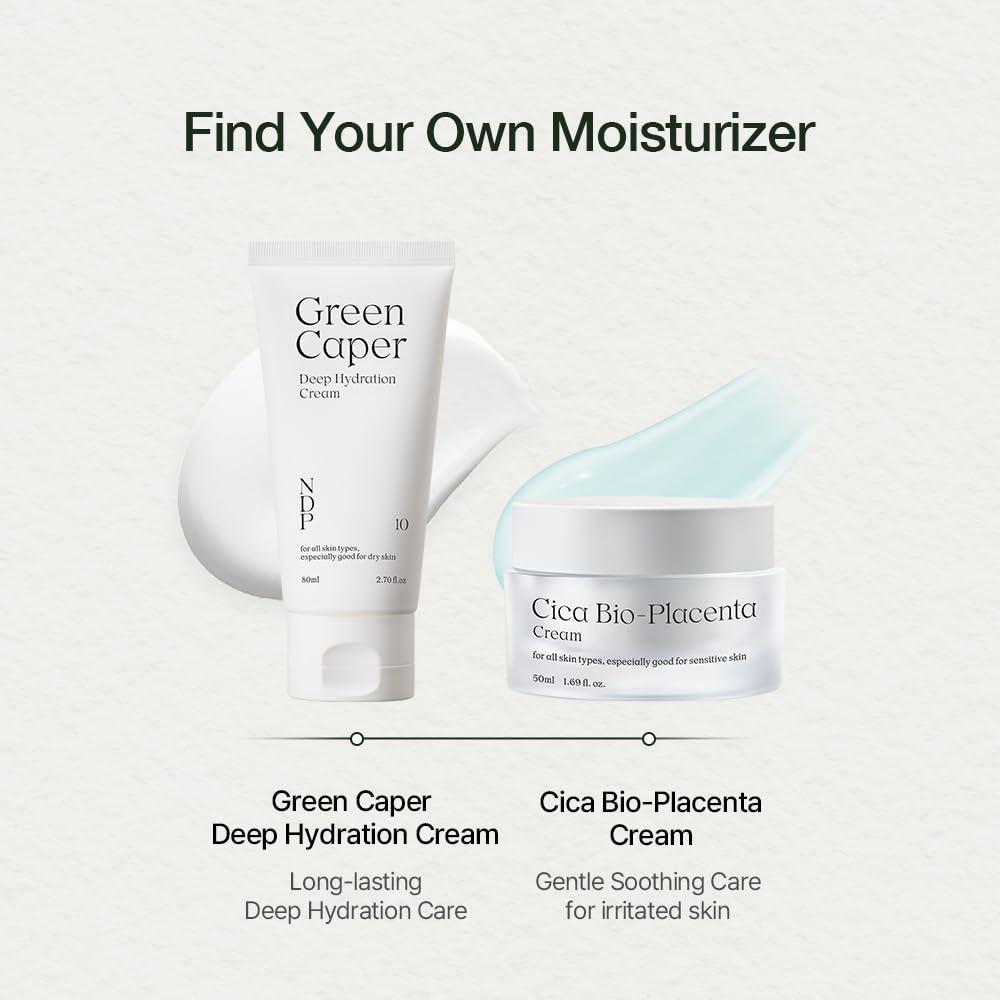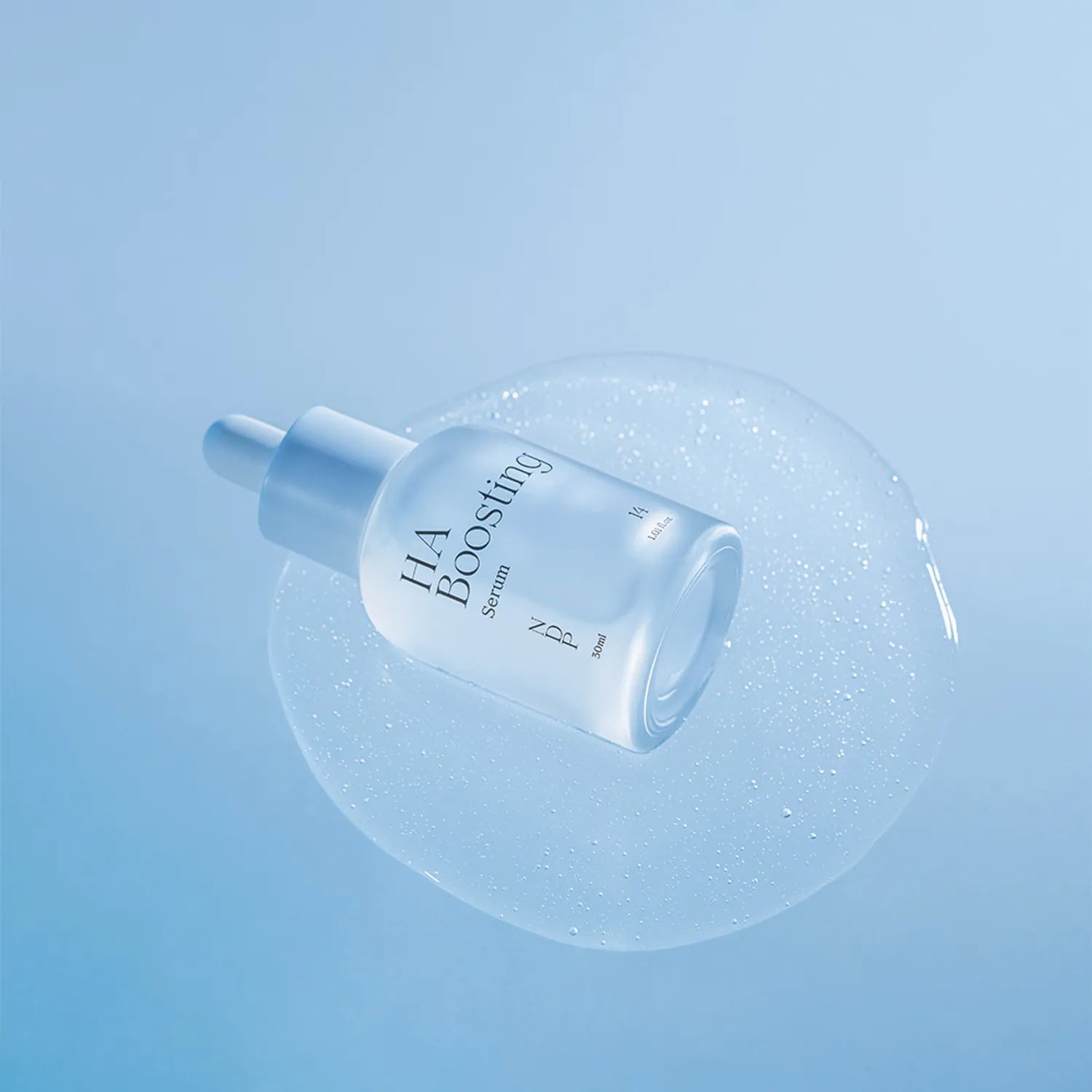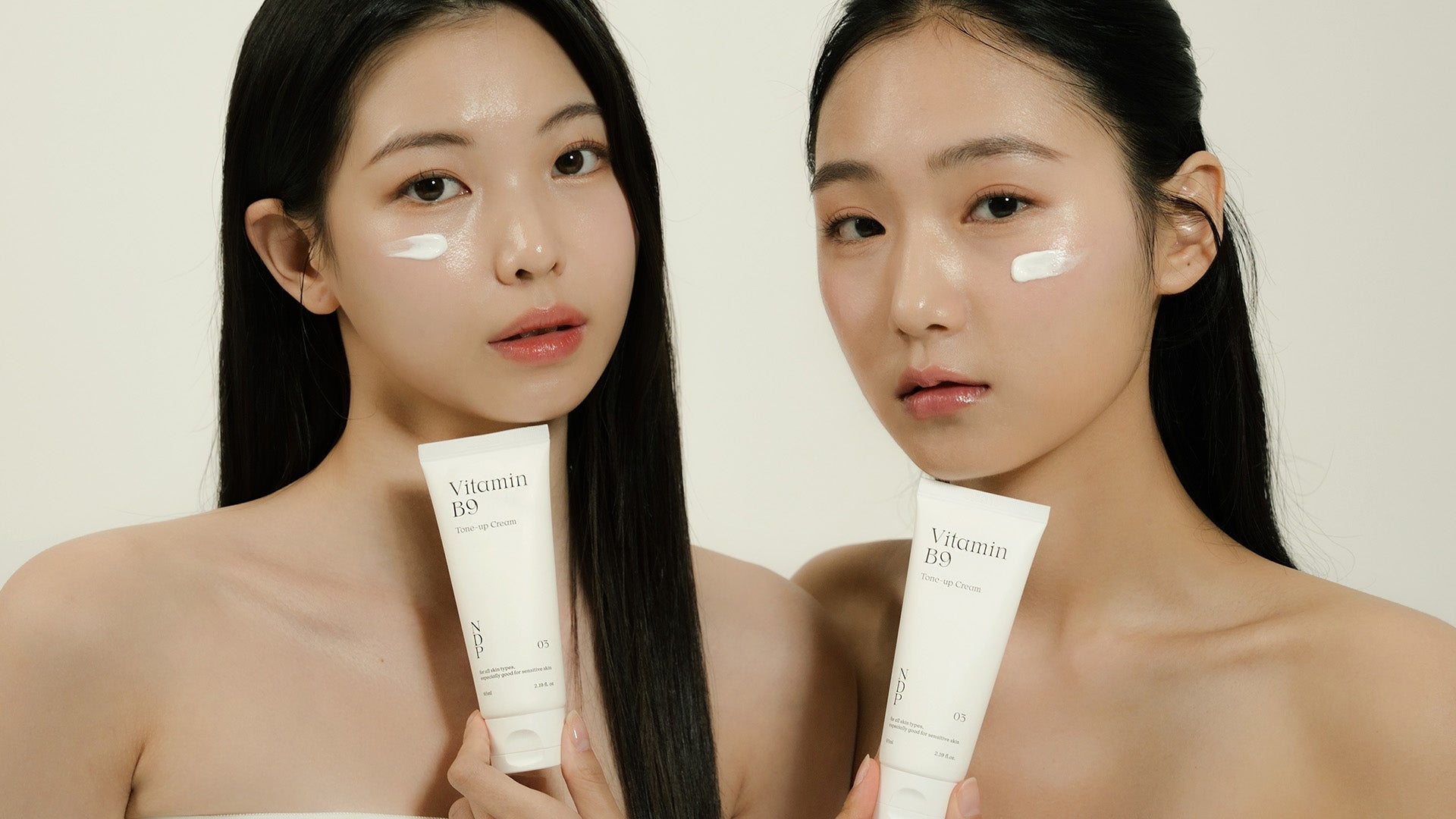
Acne Skincare Tips
Acne Care: Science-Backed Tips for Clearer, Healthier Skin
Acne is one of the most common skin conditions in the world, affecting millions of teenagers and adults alike. While breakouts can feel frustrating, the good news is that acne care has advanced tremendously in recent years. With the right knowledge and science-backed skincare routine, it’s possible to manage acne effectively and restore skin health.
What Causes Acne?
Acne develops when pores become clogged with excess oil (sebum), dead skin cells, and bacteria. This blockage can lead to:
- Whiteheads and blackheads (non-inflammatory acne)
- Papules, pustules, nodules, and cysts (inflammatory acne)
Several factors influence acne:
- Hormonal fluctuations (especially during puberty, menstruation, or stress)
- Genetics and skin type
- Lifestyle factors such as diet, sleep, and stress
- Skincare products that clog pores (comedogenic ingredients)
Science-Backed Ingredients for Acne Care
When choosing skincare for acne-prone skin, look for active ingredients that have been clinically proven to work:
1. Salicylic Acid (BHA):
Oil-soluble exfoliant that penetrates pores to clear excess sebum and debris.
Reduces blackheads and unclogs pores.
2. Benzoyl Peroxide:
Kills acne-causing bacteria (Cutibacterium acnes).
Effective for inflammatory acne and preventing future breakouts.
3. Retinoids (Vitamin A derivatives):
Increase skin cell turnover.
Help prevent clogged pores and improve acne scars over time.
4. Niacinamide (Vitamin B3):
Anti-inflammatory and oil-regulating.
Strengthens skin barrier and calms redness.
5. Sulfur and Azelaic Acid:
Both help reduce bacteria, inflammation, and uneven skin tone.
Best Practices for Daily Acne Care
Gentle Cleansing: Use a mild, non-stripping cleanser twice daily. Over-washing can irritate the skin and worsen acne.
Non-Comedogenic Products: Choose skincare and cosmetics labeled “non-comedogenic” to avoid pore blockage.
Moisturize: Even oily, acne-prone skin needs hydration. Opt for lightweight, oil-free moisturizers.
Sun Protection: Daily use of a non-comedogenic sunscreen prevents post-acne dark spots and scarring.
Consistency is Key: Acne treatments can take 6–12 weeks to show results. Avoid switching products too quickly.
Lifestyle Tips to Support Clear Skin
Balanced Diet: Some studies suggest high-glycemic foods and excessive dairy may worsen acne. Focus on whole foods, vegetables, lean proteins, and omega-3 fatty acids.
Manage Stress: Stress hormones can trigger breakouts. Mindfulness, yoga, or regular exercise can help.
Quality Sleep: Poor sleep can disrupt hormone balance and increase inflammation. Aim for 7–9 hours per night.
Hands Off: Avoid picking or squeezing pimples, which can worsen inflammation and cause scarring.
When to See a Dermatologist
If over-the-counter treatments don’t help after several months, or if acne is severe (painful cysts, widespread inflammation), consult a dermatologist. Prescription treatments like oral antibiotics, hormonal therapy, or stronger retinoids may be necessary.
The Bottom Line
Acne care is not about quick fixes—it’s about consistency, evidence-based ingredients, and a routine tailored to your skin type. By combining the right skincare, lifestyle adjustments, and professional guidance when needed, clearer and healthier skin is achievable.
Let Your Skin Breathe, NDP




